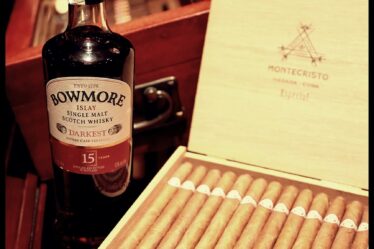

An old Florentine tradition was the one that took place on the fifth Sunday of Lent in Piazza di Porta Romana. In addition to the certainly important religious moments, the period was also linked to various entertainment, such as jousting, acrobats and all those little delicacies of the period in question, such as dried figs, various seeds and brigidini.
But there was a rather particular fair that took place in Porta Romana, in practice the square was filled with villagers from the surrounding countryside, the reason for this presence was for the so-called “Contract Fair”. Imagine seeing hundreds of farmers dressed up for the occasion, hoping to arrange some marriage contract known as “paterazzi”. The whole situation was under the watchful eye of the “cozzone” the mediator or rather the intermediary between the parties involved, who was trying to introduce potential brides to aspiring husbands and obviously to draw up the contract of the “lady” that the young man he had chosen.
A curiosity relating to the term cozzone is the etymological one which refers to a person who acts as a mediator in commercial affairs, especially agricultural and livestock products (wheat, wine, horse broker…) which Boccaccio himself refers to in one of his writings: “a young man, whose name was Once the two young people were introduced, the next step was linked to the examination of their respective families…the two were made to walk along the road towards Poggio Imperiale where the bump highlighted the merits of the two future spouses, perhaps such as the man’s robustness as regards work in the fields, while for the woman the wide hips were synonymous with fertility who stood along the road waiting in glory for the couple to pass so they could perhaps even make fun of the poor candidates for marriage with colorful phrases.
This party was a pretext for the Florentines to have fun at the expense of the poor unfortunates from the surrounding countryside, imagine that these small gatherings of people who were bargaining, perhaps looking with a wink at the future groom or the future bride, and the spectators of this “little theatre” who were laughing like crazy. Once the contract was signed, the matchmaker was entitled to compensation, i.e. a shirt. This custom remained in force until the early twentieth century.



